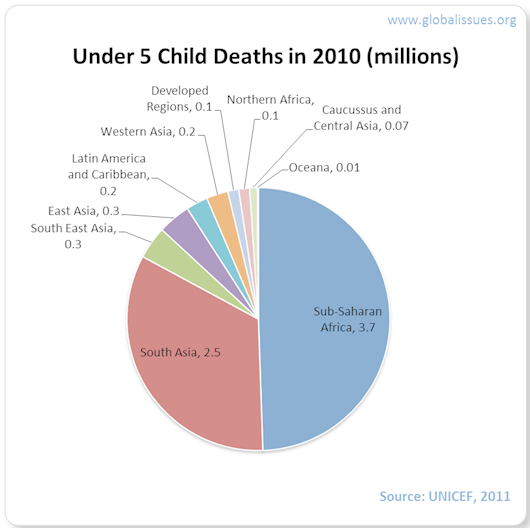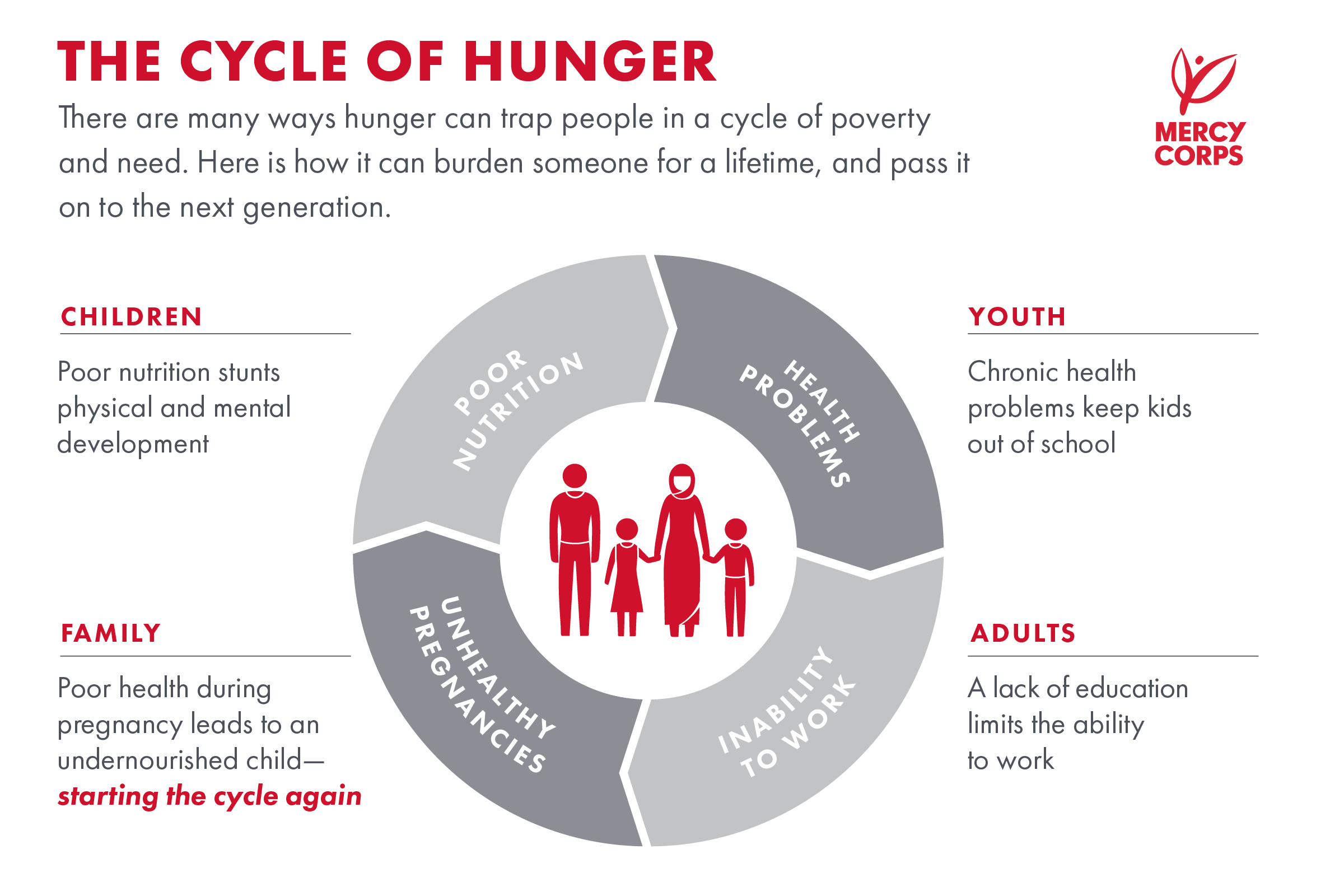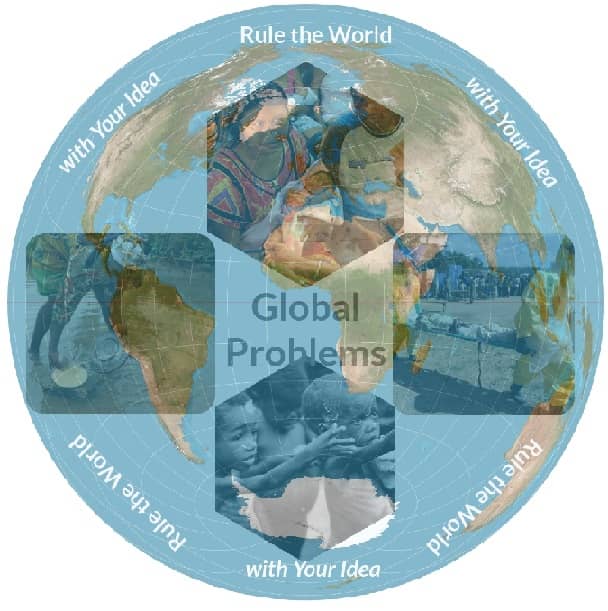Problems usually originate within. When such problems are not controlled by authorities, communities, government, and institutions, they become global problems.
Almost everywhere, in our environment and every part of the world, the foundations of established institutions are in disarray. In our homes, schools, churches and government institutions, there are escalating problems.
Most of these problems are inherited. Some from parents, some from past administrations and many from past leaders of established institutions. These problems have been on the increase, posing greater difficulty to upcoming generations. The present generation, in their pretense to curb some of these problems, is busy creating greater problems than can be resolved.
These problems are multifaceted, including global terrorism and insecurity to increasing economic uncertainty. These problems do not respect individuals, institutions or nations; they cut across developing, developed and G8 nations.
Though they are severe in most third world nations, where they have led to increasing poverty, high cost of living, low standard of living, decaying education, corruption, and poor infrastructure.
Identifying Global Problems
According to global issues, about 21,000 children die every day around the world. And this figure is equivalent to about 1 child dying every second and 14 children dying every minute. It is noted that these deaths usually arose as a result of silent killers such as poverty, hunger, easily preventable diseases and illnesses, and other related causes.
There are other global problems which do not make headline and are not often discussed. They include:
- about 500,000 women dying each year from causes related to pregnancy and childbirth,
- 4 million babies dying within their first month of birth,
- 22 million children not being protected from diseases through routine immunization, and
- about 2 million children within the age of 15 living with HIV.
- Also noted include about 7.6 million children dying before their 5th birthday in 2010.
The death statistic, according to global issues is depicted in the diagram below.

(Credits: globalissues.org)
What can you make out of the diagram above? Could you see that Africa has the highest share? This calls for creative thinking in the field of medicine.
Global Problems: The UN Discoveries
The United Nations, a global organization, identified twenty (20) global problems ravaging the world. The organization identified Africa, which they hope to assist so that Africa can help itself. UN identified that Africa is being ravaged by pressing issues such as climate change, Ebola and corruption.
Also, include aging. The UN believes that the world population of aging people is growing faster than the population of younger people. They fear that in decades to come, there will be political pressures. These pressures will lead to policy formulations that will center on old population. As a result, policy concerns will center on:
- health care for old people,
- pensions for retired old population, and
- social protections for a growing older population.
According to statistics, the UN noted that since 2000:
- new HIV infections have declined by 35% and 58% among children.
- AIDS-related deaths have also fallen by 42% since the peak in 2004.
- There is decrease in new HIV infections
- There have also been increasing access to antiretroviral drugs.
- However, there is a concern of yet an increase in the number of new infections.
- And yet about 2.1 million new infections and 1.1 million deaths of AIDS-related illnesses.
Other key problems identified include:
- atomic energy,
- big data for Sustainable Development Goals (SDGs),
- children,
- climate change,
- decolonization,
- democracy,
- food, health, & human rights,
- international law and justice,
- population & migration,
- oceans and the law of the sea,
- peace and security,
- refugees, water and women.

(Infographic credit: Pakistan & Gulf Economist)
In their research, gvi identified among others six (6) global problems. These problems are critical and requires immediate attention.
These six global problems include:
- food security,
- global healthcare and primary education,
- gender inequality,
- needs of Africa,
- habitat and biodiversity loss,
- ocean conservation and water scarcity.
The Next Best Solution
Challenge your Thinking
Let us come back home. Look around you, what problems do you see? A closer look at the happenings reveal that there are problems in our homes, schools, churches and government institutions.
Some of these organized institutions are places people could run to for a solution. But they have compounded the problems they should have resolved.
In fact, to many people, it’s as if the world is coming to an end. Even you, I believe you have dozens of problems that you seek a solution to.
The fact is that, in all these problems, there is only one PROBLEM. This problem marks the beginning of solution to other problems. And this problem is you.
Yes, you! You, because no one wants to take responsibility. From individuals to organizations, institutions, and government. No one wants to take responsibility.
People often run to churches, NGOs and government institutions for solutions. But these established institutions have failed to live up to their expectations.
We often play the blame game. The government, organized institutions, parents and children. Our best solution is to blame another. This is because no one wants to take responsibility.
What solution does blame bring? It increases and multiplies the problem at hand. How would blaming your parents, uncles, or siblings help you resolve your problems? It rather compounds it.
A society like ours is facing high and increasing costs of fuel & oil. There has been increasing terrorism and massive killings of persons, ethnic, cultural, religious & racial conflicts. There is disintegrating and falling moral standards, and many more. We need not shift blame. If we do, we compound our problems the more.
With all these happenings around us, do we have a reason to die? Should we renounce our existence on earth? Should we remain depressed, because we have overwhelming problems. Has our problems defied solutions? The answer is NO. YOU CAN BE THE SOLUTION.
The Diamond Bank published in her newsletter, Opportunities in Nigeria Consumer Health Sector. Hidden in this newsletter are macroeconomic trends in the health sector. There are also budgetary allocations and, gaps that should be filled by entrepreneurs.
What if you are told that the Nigerian health sector is valued at US$2.16 billion. That the health sector contributes US$0.55 billion each quarter. And that the total budgetary allocation for the sector in 2018 is US$0.98 billion. Would it change your way of thinking?
The problems highlighted above clearly shows the need to invest in this sector. If you are still doubtful of the success-failure ratio, you can read a copy of this report here.
Why Institutions Fail
Nations have set up institutions. They have even adopted intellectual, scientific, religious and political approaches in order to solve these problems. Yet their efforts are proving abortive.
This is because of the inherent defects in our way of thinking. Our way of thinking has been mapped into defective institutions and approaches to solving our societal problems. Our society has immersed themselves in negative thoughts.
We have developed a negative perspective because that is what attracts much media attention. Most people would prefer to read stories with the following headlines:
- “President collapsed in the office…”,
- “An innocent girl was raped to death by 10 men”,
- “150 persons commit suicide in one month”;
But stories with this type of headlines do not often sell:
- “GDP grows by 5% in the second quarter…”,
- “Government compensates 10000 farmers…”.
Most times, when people see good headlines, they will doubt the truth of the story. Why is our thought always negative?
Because of our predominantly negative thoughts, the solution proffered by our institutions naturally bring a negative outcome. This is because, a negative mindset begets negative thoughts. This invariably lead to a depressed and dejected society.
How do we bring solution to these global problems? What of our immediate problems?
- We need a transformed way of thinking.
- We need a help that is perhaps not contaminated with the present defective institutions and minds.
- We need a total change in our way of thinking. If this change or mind transformation does not come, we may not be able to solve these self-generated problems.
- Individuals, families, and institutions need relevant, practical and creative ways of handling and solving societal problems. If individual minds can be transformed and/or renewed, then families will be transformed. Also, villages, communities, institutions, states, and nations will equally be transformed.
- Individuals, society and nations will device creative ways of solving societal problems.
The quality of individual minds determines the quality of minds within a society and determines the quality of the solution offered to the society.
The standards, values, morals, laws, lifestyles, and cultures within a society is influenced by the mindset of individuals that make up that society.
Conclusion
The problems thus far identified, rather than be allowed to persist, should provide us with an avenue for creativity.
If we critically look at the global problems, we will find that Africa is the only continent that was mentioned. This means that you and I have a lot to do.
This also calls for critical thinking and creativity in the various fields that need immediate attention.
Why would you want someone to do for you what you can do for yourself?
Each of these problems create an opportunity for investment and invention, but you must first generate the idea. Ideas abound in each problem. If we can critically examine each of these problems, we shall find lots of opportunities. To unlock these opportunities, we should keep our creative thinking alive.
What should you do now? You are required to look inwards and explore the options within you. At the core of these options is the human mind. The quality of your thought determines the quality of the solution you will bring to the society.
Our key purpose is to bring solutions to societal problems without creating further problems. This is possible if we can first change our thoughts. The content of our mind determines the quality of our thoughts.
What is the content of your mind? Are you ready to be different from others? The celebrated in the society are those who chose the path others refused to follow. If you want to be celebrated, you have the opportunity knocking at your door.
Our subsequent posts will center on understanding our mind and how we can become creative to be the solution.
Follow us in our subsequent posts by simply subscribing to our newsletter.




